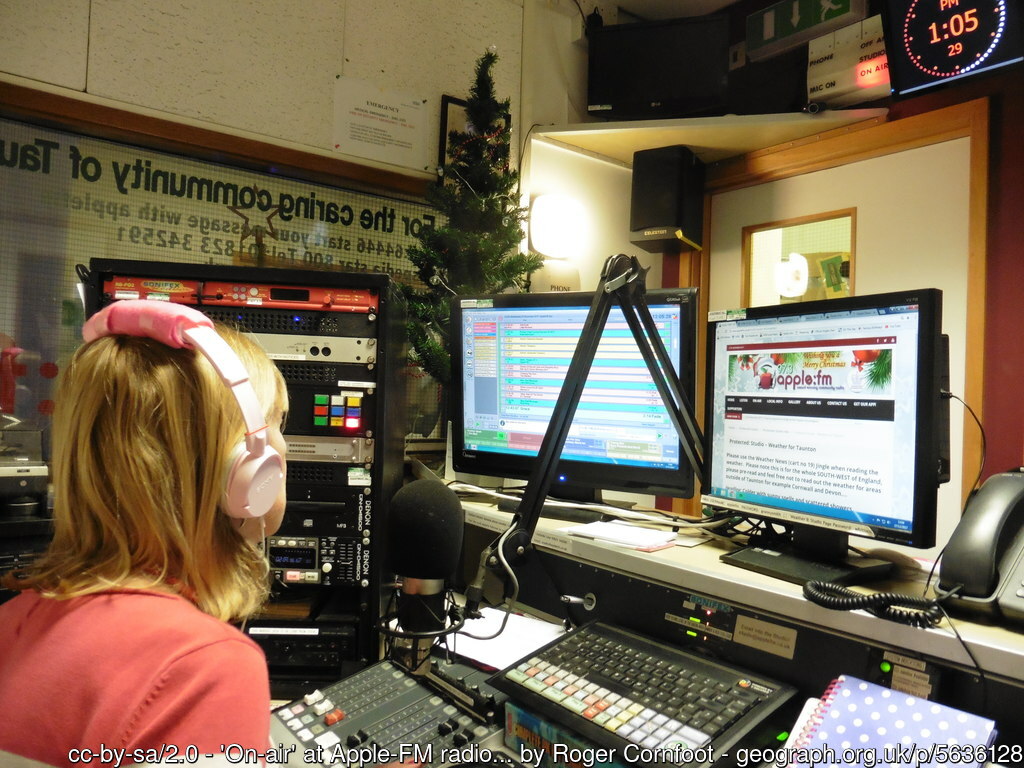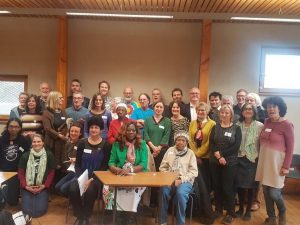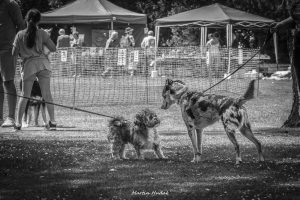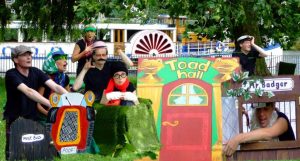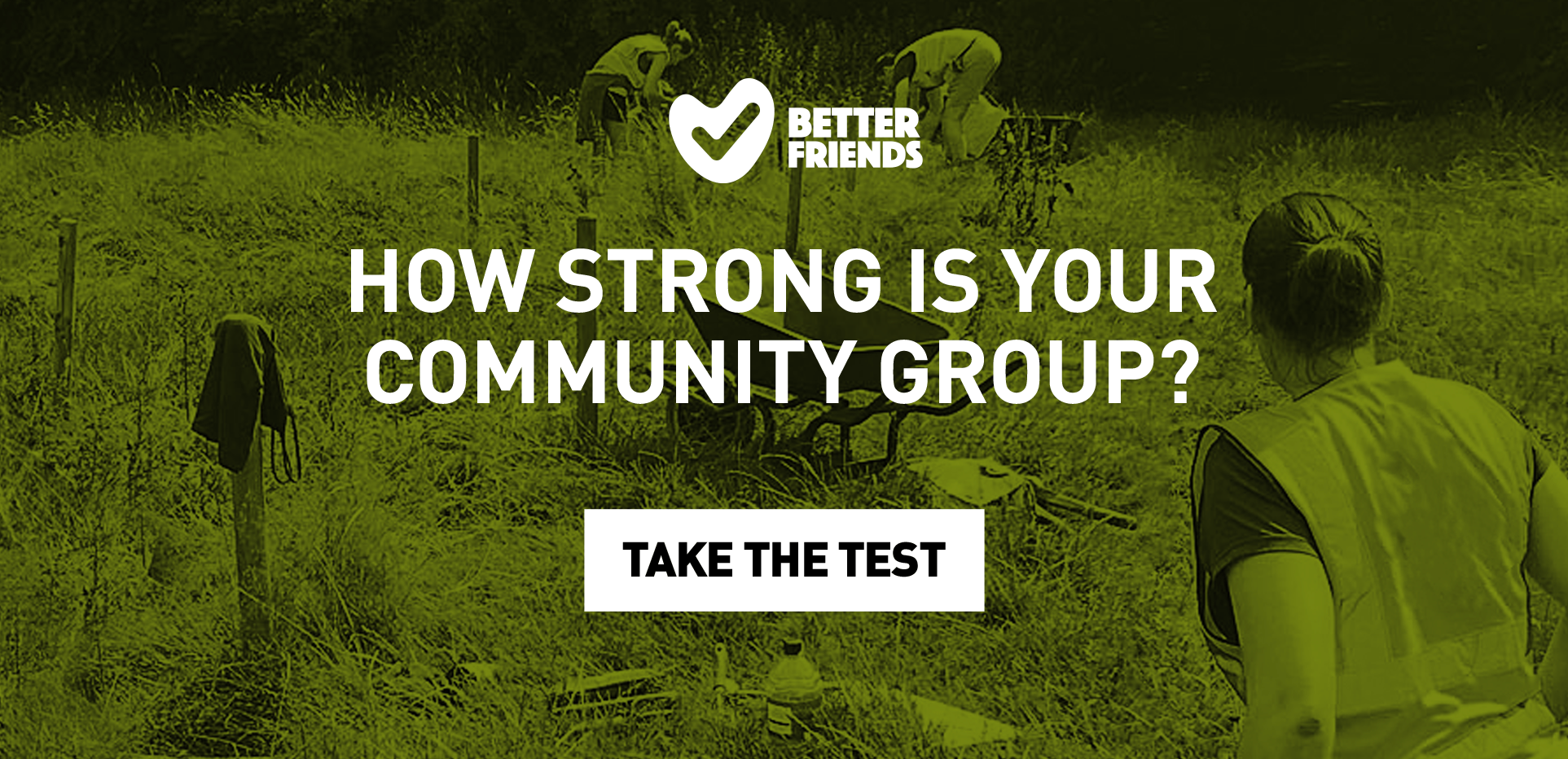Find out all you can about the interview beforehand
- area of questioning
- live or pre-recorded
- what sort of interview
- how will the material be used
- who else is being interviewed
Types of interview
- In the studio: brief head-to-head, discussion panel or phone in;
- Down the line: as above but in an unmanned studio or radio car;
- By telephone: most frequent in local radio;
- Pre-recorded on location.
Brief the Reporter
- Give your name/position, context of the story and essential facts.
- Make it clear what you are/are not qualified to talk about.
Prepare what you want to say
- Have facts at your fingertips; anticipate questions; prepare points you want to make and make them. Always have a key point in your message.
- If you have over a 20 second segment you can say lots of things about your subject including the past, present and future.
- Avoid committee speak, there are always more illustrative words to use: amenity = walk, cycle and picnic; recreation = play; access = open to all.
Aim for two or three points only
- Most radio interviews last only 3 or 4 minutes. Keep it brief. Prepare a summary to include a sound bite – a short, snappy sentence that illustrates your message clearly.
Make the most of your voice
- Speak clearly, at a reasonable speed, in the appropriate mood.
Keep answers self contained
- Sounds more authoritative and reduces chances of the meaning being manipulated by editing or being used out of context.
Avoid jargon
- Use everyday words to explain specialist concepts. Use stories and examples to illustrate your message.
Replying to questions
- Use the question as a springboard for your prepared answer/message.
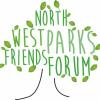
Reproduced with permission of North West Parks Friends Forum

